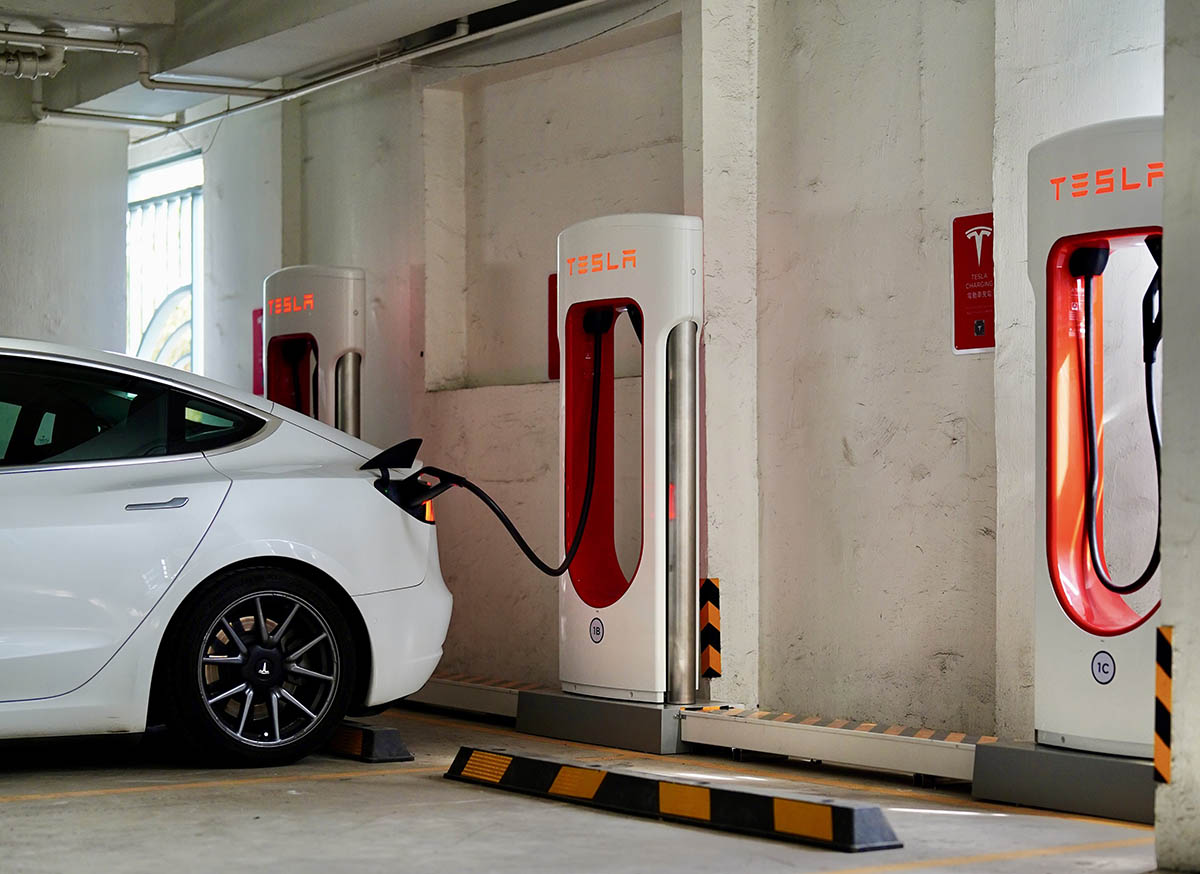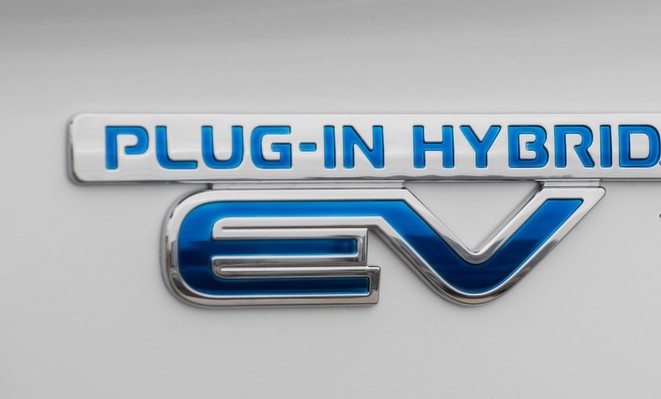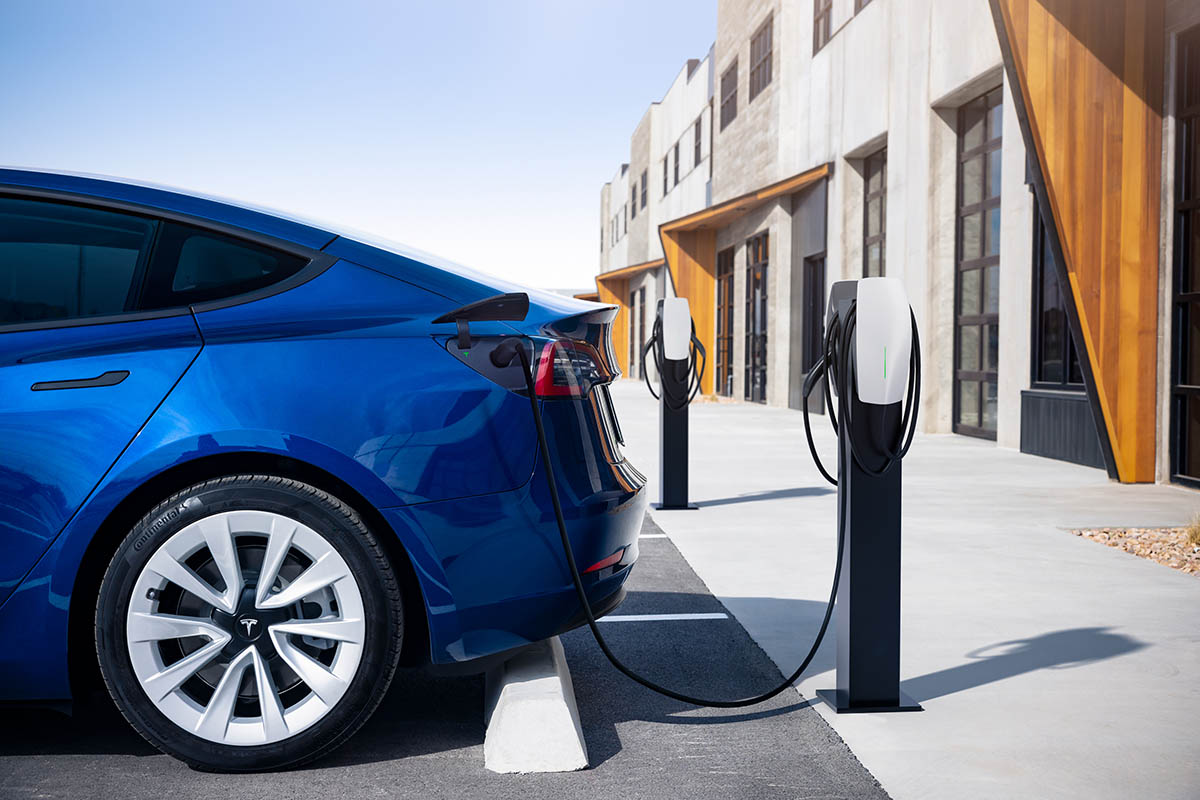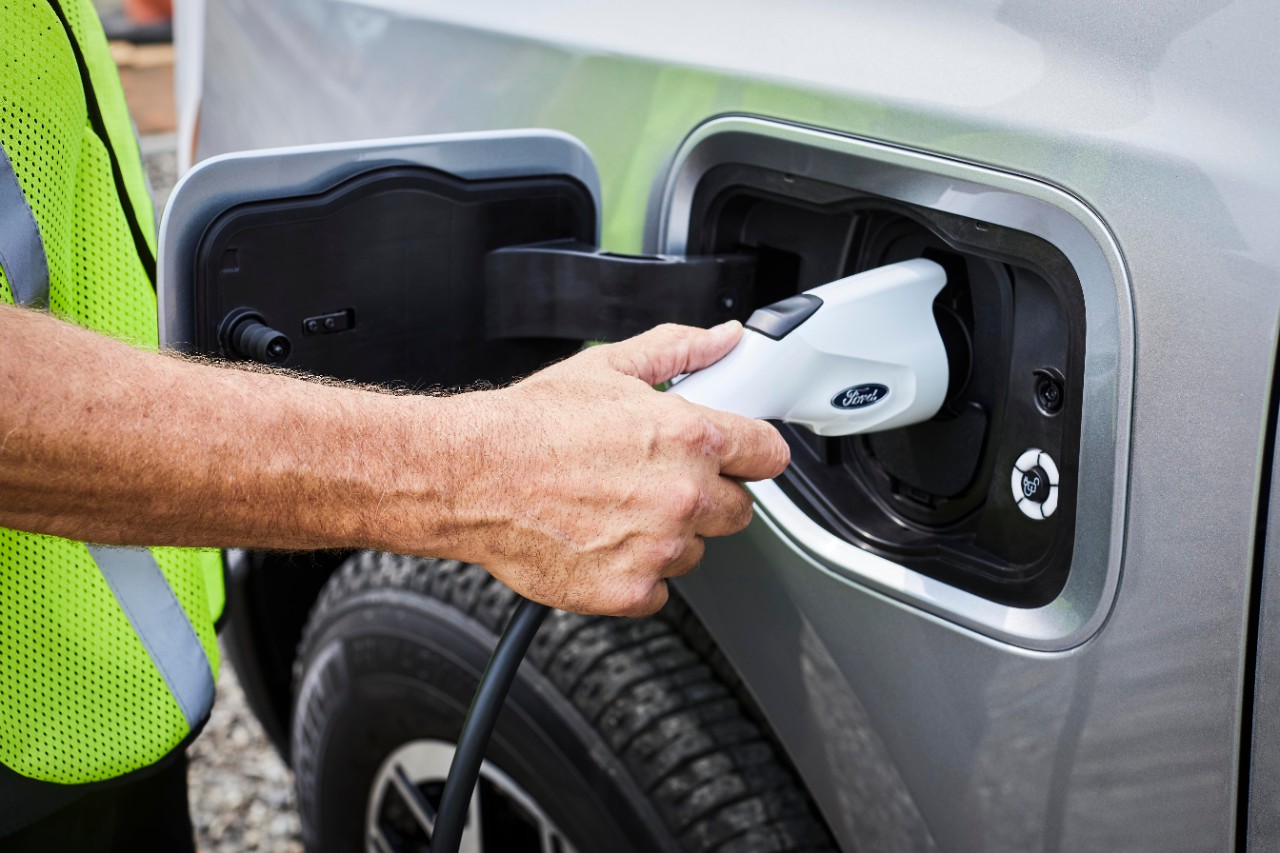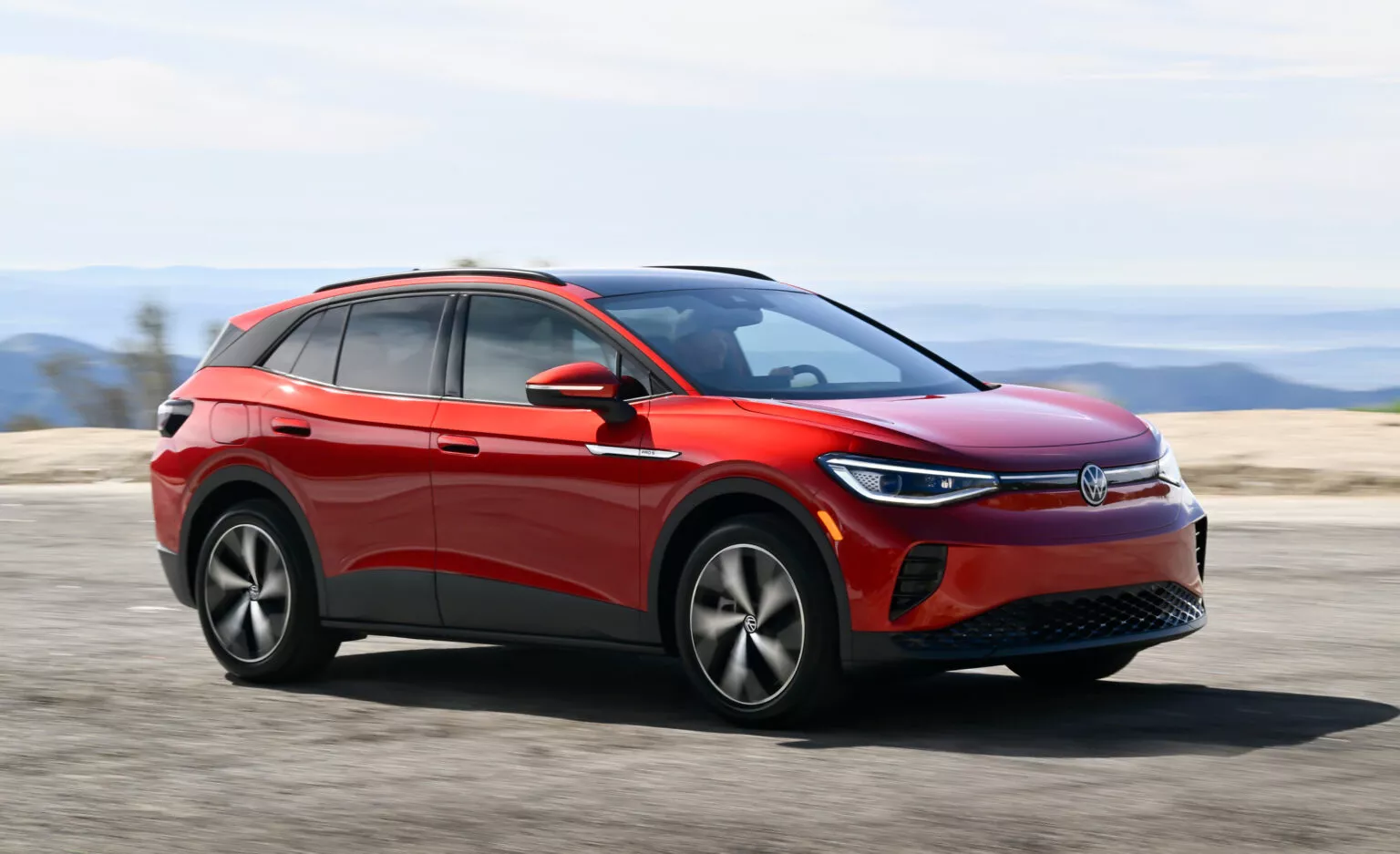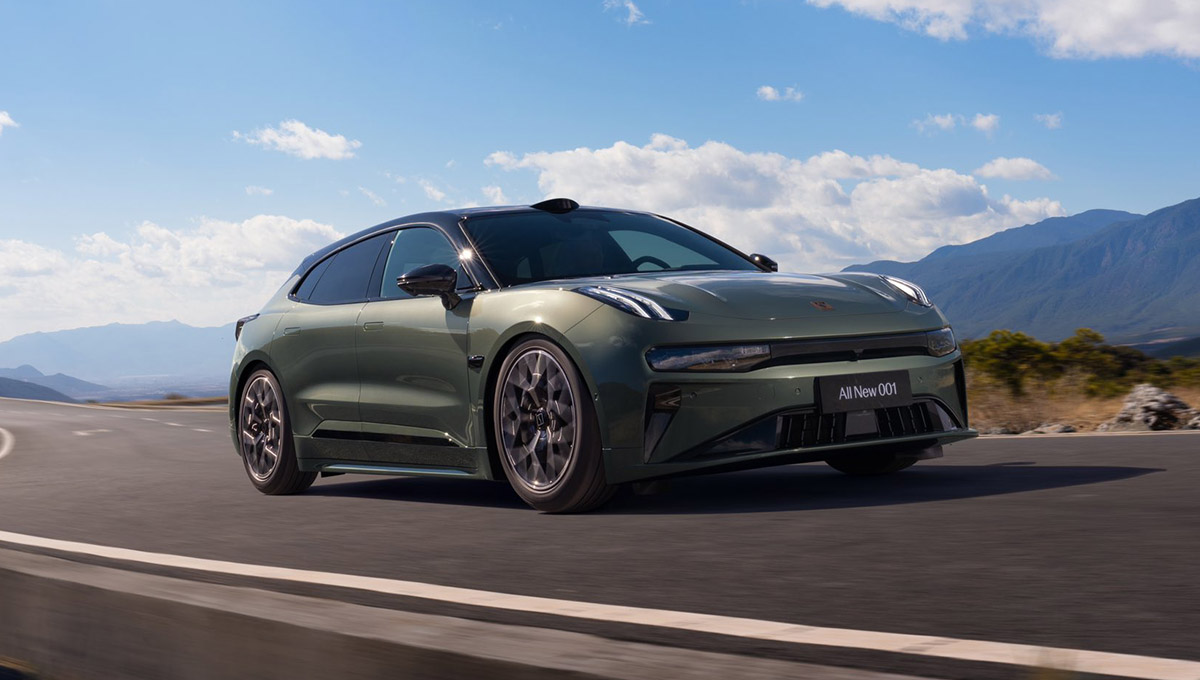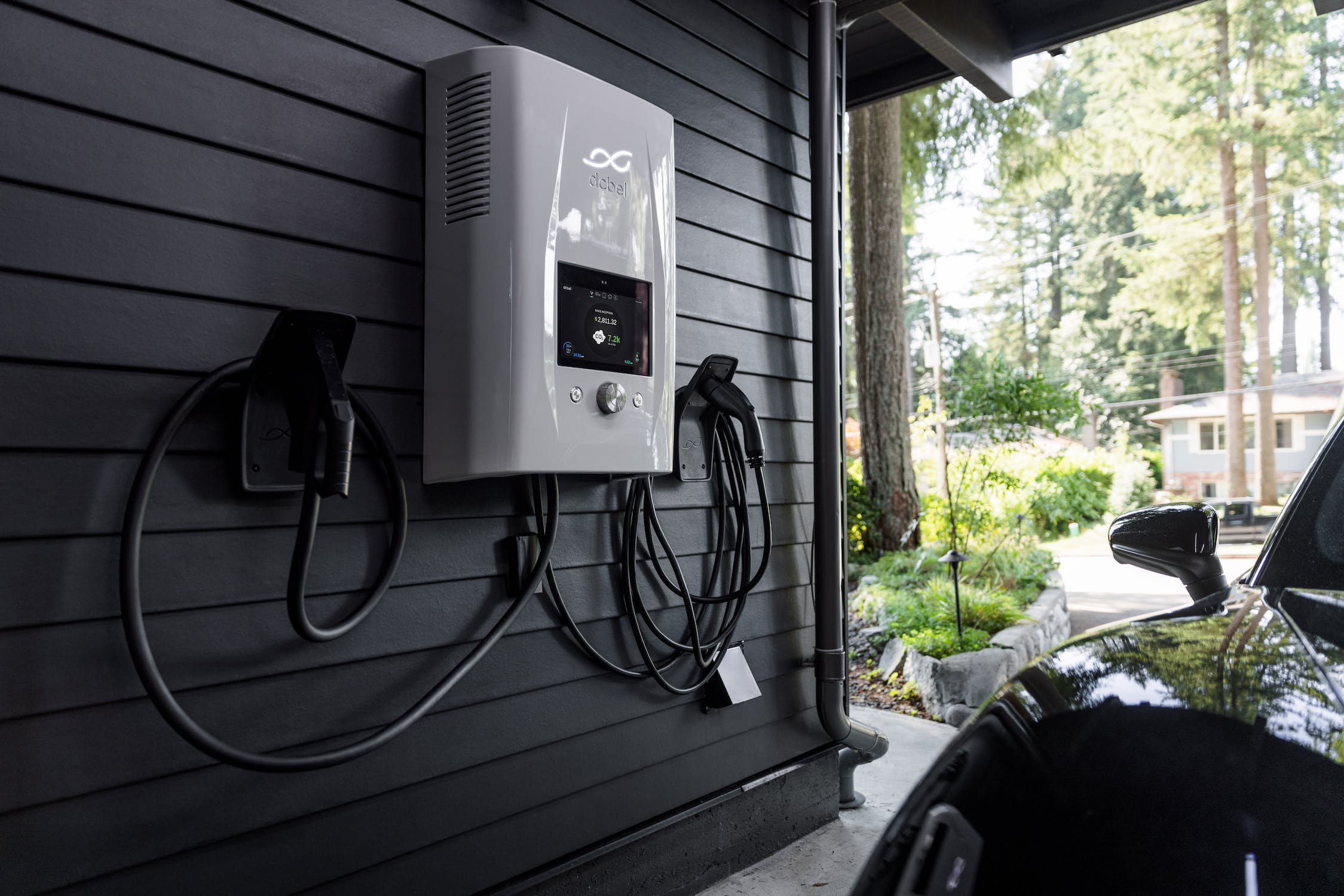The perception that electric vehicle (EV) owners are getting a free ride on America’s roads and highways by avoiding gas taxes may not be entirely accurate, according to a recent study by Atlas Public Policy, a policy and data research firm.
Contrary to popular belief, the study found that in a majority of U.S. states, EV owners could end up paying more to the government annually than drivers of internal combustion-engine cars. This is due to a combination of registration fees targeted at EV buyers and taxes levied at charging stations.
See also: New Jersey to Phase Out Sales Tax Waiver for Electric Vehicles
In 36 states, including Washington, D.C., electric car drivers who exclusively charge their vehicles at public fast-charging stations pay what the study calls an “EV Penalty.” This means they pay more in various taxes and fees than the average gas-car driver pays in fuel taxes each year.
Utah has the highest penalty at $368.76 annually, followed by Georgia at $325.61 and Kentucky at $260.33. On the other hand, the study found that in Oregon, even after a $90 registration fee, EV owners pay $119.49 less in taxes and fees annually than gas-car drivers.
One of the main reasons for the perceived EV tax advantage is that many states ask EV owners to pay extra in yearly registration fees to make up for lost revenue from gas taxes. These fees range from $50 in Hawaii to $225 in Washington.
See also: List of U.S. Electric Vehicles Qualifying for $7,500 Tax Credit in 2024
However, the study highlights a bigger issue: charging is often subject to multiple overlapping, opaque taxes that unfairly increase EV ownership costs. For example, there are sometimes per-kilowatt-hour taxes on energy dispensed along with regular sales taxes.
The study also notes that while the typical EV owner doesn’t exclusively use fast charging stations and charges at home most of the time, there is an equity problem for those who don’t have the luxury of charging at home. Public EV charging needs to be accessible and affordable for all.
With EV sales on the rise, the study argues that taxes and fees for EV owners should be more transparent and fair. As EVs become more mainstream, it’s crucial that people don’t feel like they’re being penalized for choosing electric.

